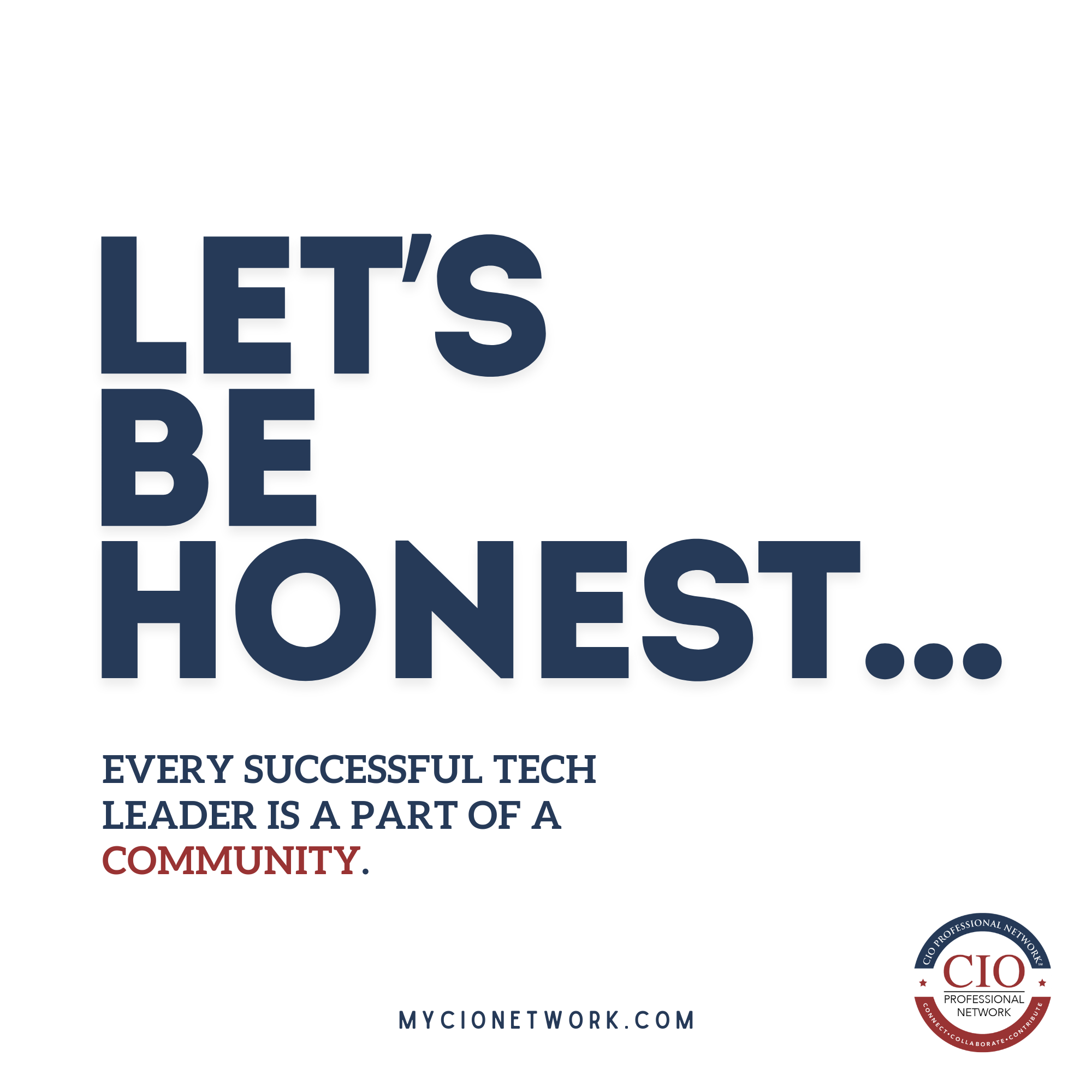In the digital age, the world is at our fingertips. With a few clicks, we can access an infinite stream of information, entertainment, and ideas. Yet, paradoxically, this vast digital realm often feels like a prison, a jail of our own making, constructed not by walls of concrete but by invisible algorithms that dictate what we see, hear, and think.
This jail is the echo chamber, a self-reinforcing loop where our past behaviors shape our future experiences, trapping us in a cycle of familiarity and limiting our ability to develop a holistic worldview.
Every time we scroll through social media, watch a YouTube video, or browse an OTT platform, algorithms are at work, meticulously analyzing our preferences, clicks, and watch history. These algorithms are designed to keep us engaged, serving us content that aligns with our past behavior.
While this might seem convenient, it comes at a cost.
By feeding us more of what we already like or agree with, these algorithms create a feedback loop that narrows our perspective. Over time, we are less exposed to new ideas, diverse opinions, or challenging viewpoints.
Instead, we are confined to a curated bubble, a digital jail where the walls are built by our own preferences.
Control, Not Convenience
Consider YouTube, for instance. You watch one video on a particular topic, and suddenly your recommendations are flooded with similar content. The algorithm assumes you want more of the same, and before you know it, you’re deep in a rabbit hole of repetitive ideas.
The same applies to social media platforms, where your feed is tailored to reflect your likes, shares, and comments. Even news websites and search engines prioritize results based on your past behavior, ensuring that you rarely encounter information that challenges your existing beliefs.
This phenomenon isn’t just about convenience; it’s about control.
Algorithms are designed to maximize engagement, often at the expense of intellectual growth. By keeping us within our comfort zones, they discourage critical thinking and exploration. The result is a society increasingly divided into ideological silos, where individuals are isolated from differing perspectives and unable to engage in meaningful dialogue.
In this sense, the echo chamber is not just a jail for the mind but a barrier to societal progress.
So, How Do We Break Free?
The consequences of this algorithmic imprisonment are profound. When we are only exposed to ideas that reinforce our existing beliefs, our worldview becomes skewed.
We lose the ability to empathize with others, to understand alternative perspectives, and to think critically about complex issues. This intellectual stagnation is particularly dangerous in an era where misinformation and polarization are rampant.
By trapping us in echo chambers, algorithms exacerbate these problems, creating a feedback loop of ignorance and division.
So, how do we break free from this digital jail?
The first step is awareness. Recognizing that algorithms shape our online experiences is crucial to understanding their influence on our thinking. Once we are aware, we can take deliberate steps to diversify our information diet. Actively seeking out opposing viewpoints, exploring unfamiliar topics, and engaging with content outside our usual preferences can help us escape the echo chamber.
Additionally, advocating for more transparent and ethical algorithmic practices can push tech companies to prioritize user growth over mere engagement.
Key Considerations
Advocating for transparent and ethical algorithmic practices presents both opportunities and challenges for tech companies, impacting revenue, reputation, and long-term sustainability.
Benefits of Transparent & Ethical Algorithms for Tech Companies
- Enhanced Trust and Brand Loyalty
- Transparency fosters user trust, reducing skepticism about data misuse or biased outcomes.
- Companies like Apple have leveraged privacy-centric policies (e.g., App Tracking Transparency) to differentiate themselves, attracting privacy-conscious consumers.
- Regulatory Compliance and Risk Mitigation
- Proactive adherence to laws like the EU AI Act or GDPR avoids fines and legal battles.
- Ethical AI governance reduces risks of scandals (e.g., Facebook’s Cambridge Analytica crisis), which can tank stock prices and user retention.
- Competitive Advantage and Market Differentiation
- Transparency can be a unique selling point (USP).
- A 2024 Zendesk report found that 65% of CX leaders prioritize AI transparency as a strategic necessity, signaling market demand.
- Improved Product Performance and Innovation
- Explainable AI (XAI) tools (e.g., SHAP values) help debug models, reducing errors and biases that harm user experience.
- Openness to stakeholder feedback can reveal blind spots, leading to more robust algorithms (e.g., Microsoft’s bias audits for hiring tools).
- Long-Term Revenue Stability
- Ethical practices align with ESG (Environmental, Social, Governance) investing trends, attracting socially responsible investors.
- Sustainable data ecosystems reduce backlash risks (e.g., ad-blocking adoption due to opaque tracking).
Risks of Diverting from Current Practices
- Short-Term Revenue Dips
- Opaque algorithms often maximize engagement (and ad revenue) by exploiting psychological triggers. Transparency might reduce “addictive” design efficacy.
- Example: Meta’s revenue growth slowed after Apple’s privacy changes limited targeted ads.
- Increased Operational Costs
- Implementing transparency tools (e.g., fairness audits, interpretability frameworks) requires investment in R&D and compliance teams.
- Complex models like LLMs are harder to explain, potentially forcing trade-offs between accuracy and transparency.
- Exposure of Proprietary Secrets
- Revealing algorithm details could aid competitors or hackers (e.g., reverse-engineering recommendation systems).
- User Backlash During Transition
- Sudden transparency (e.g., showing how data is monetized) may alarm users accustomed to convenience-over-privacy trade-offs.
Strategic Recommendations
- Phased Transparency: Gradually introduce explainability features (e.g., Spotify’s “Why this song?” feature) to acclimate users.
- Monetize Trust: Offer premium “privacy-first” subscription tiers (e.g., ProtonMail’s paid encrypted services).
- Collaborate with Regulators: Shape policies to avoid disruptive mandates (e.g., Google’s participation in EU AI Act discussions).
The Wrap
While ethical algorithms may curb short-term engagement metrics, they build resilient revenue streams through trust, compliance, and innovation. Companies balancing both, like Apple and Microsoft, demonstrate that transparency can be profitable.
In the end, the question remains: are we all living in a jail?
The answer, perhaps, is yes, but it’s a jail with an open door.
By recognizing the walls of our echo chambers and taking conscious steps to explore beyond them, we can reclaim our intellectual freedom and develop a more holistic worldview. The algorithms may shape our digital experiences, but they don’t have to define our minds.
The key to breaking free lies in our willingness to challenge ourselves, to seek out the unfamiliar, and to embrace the diversity of thought that makes us truly human.






